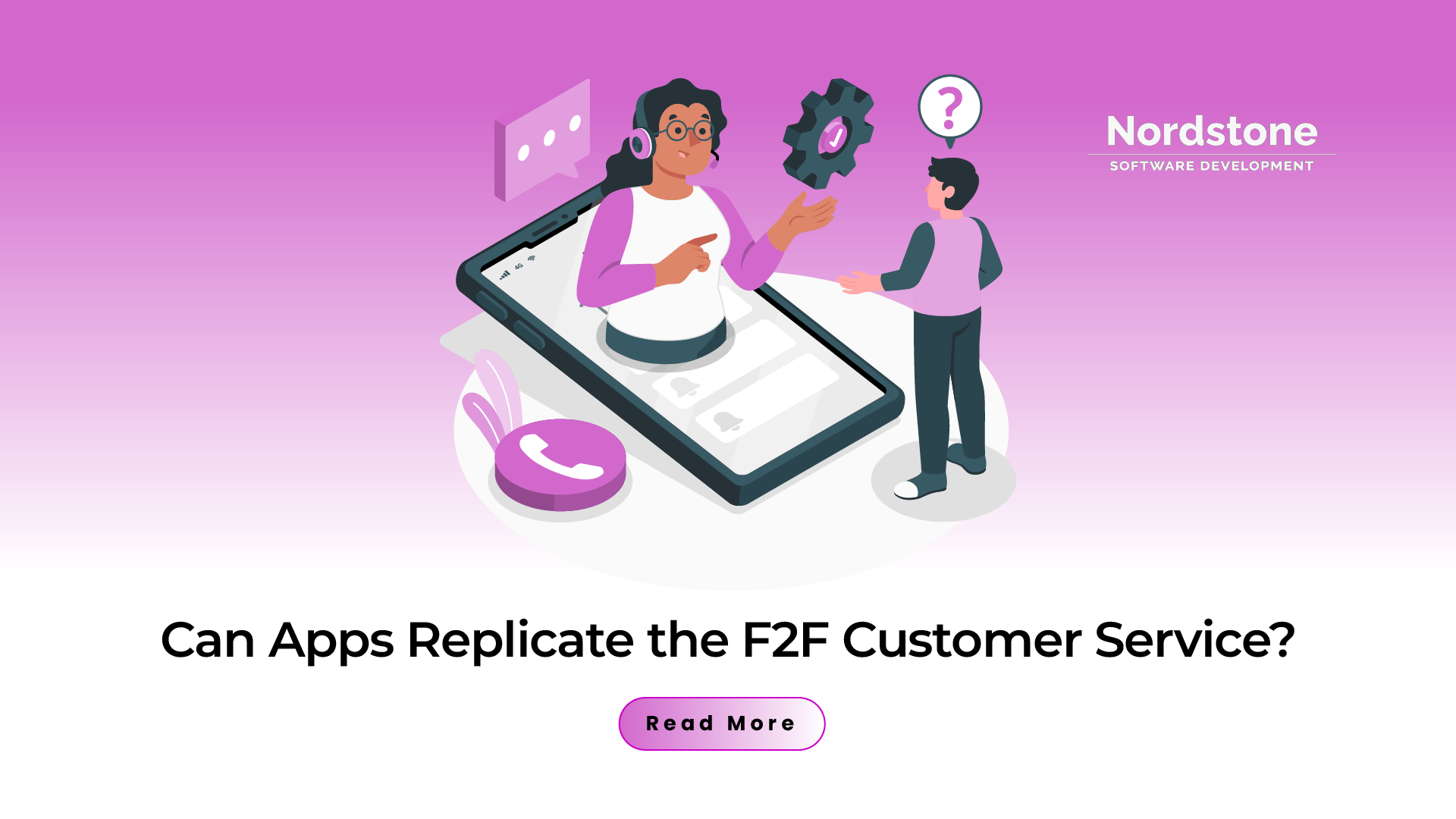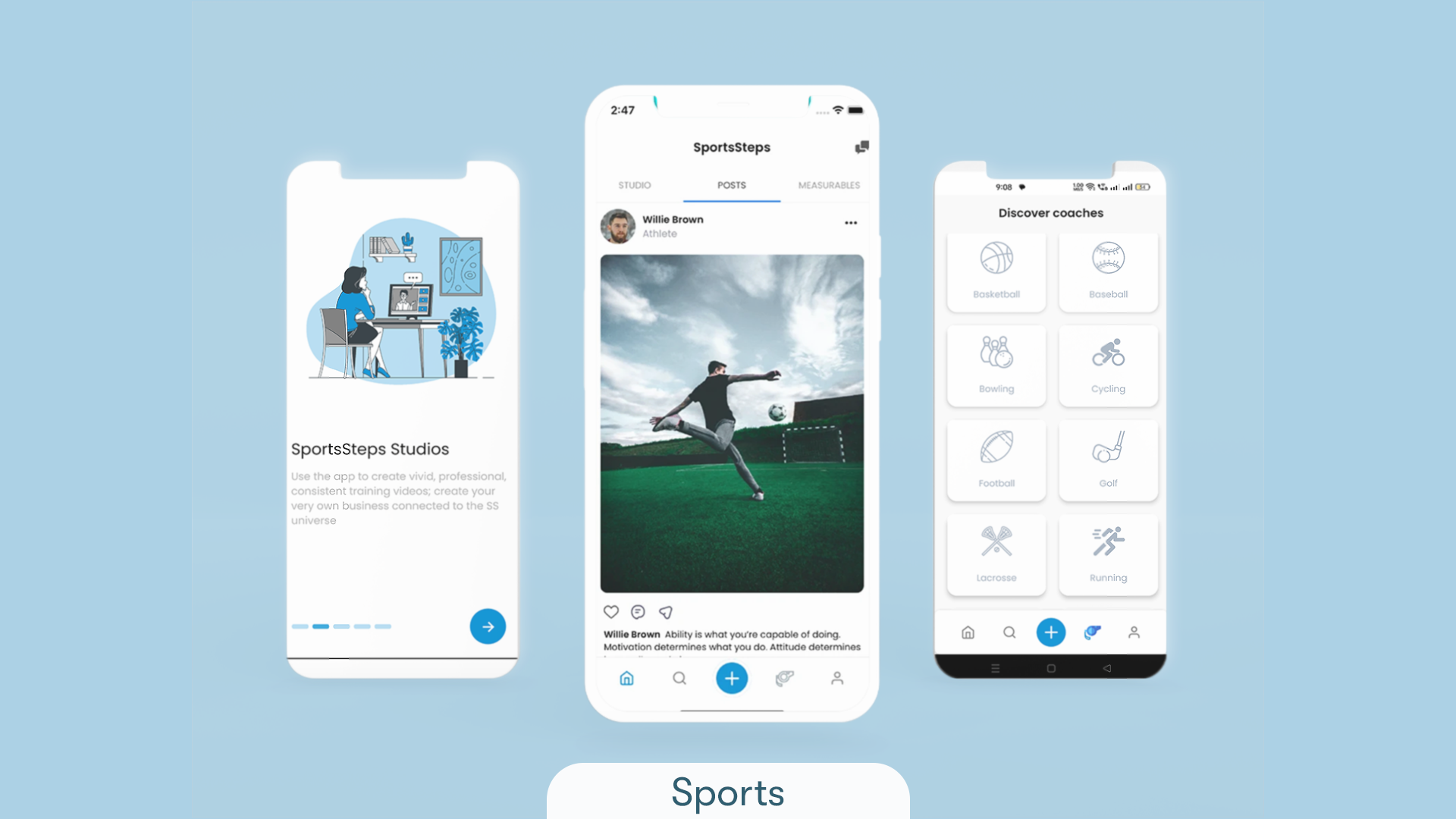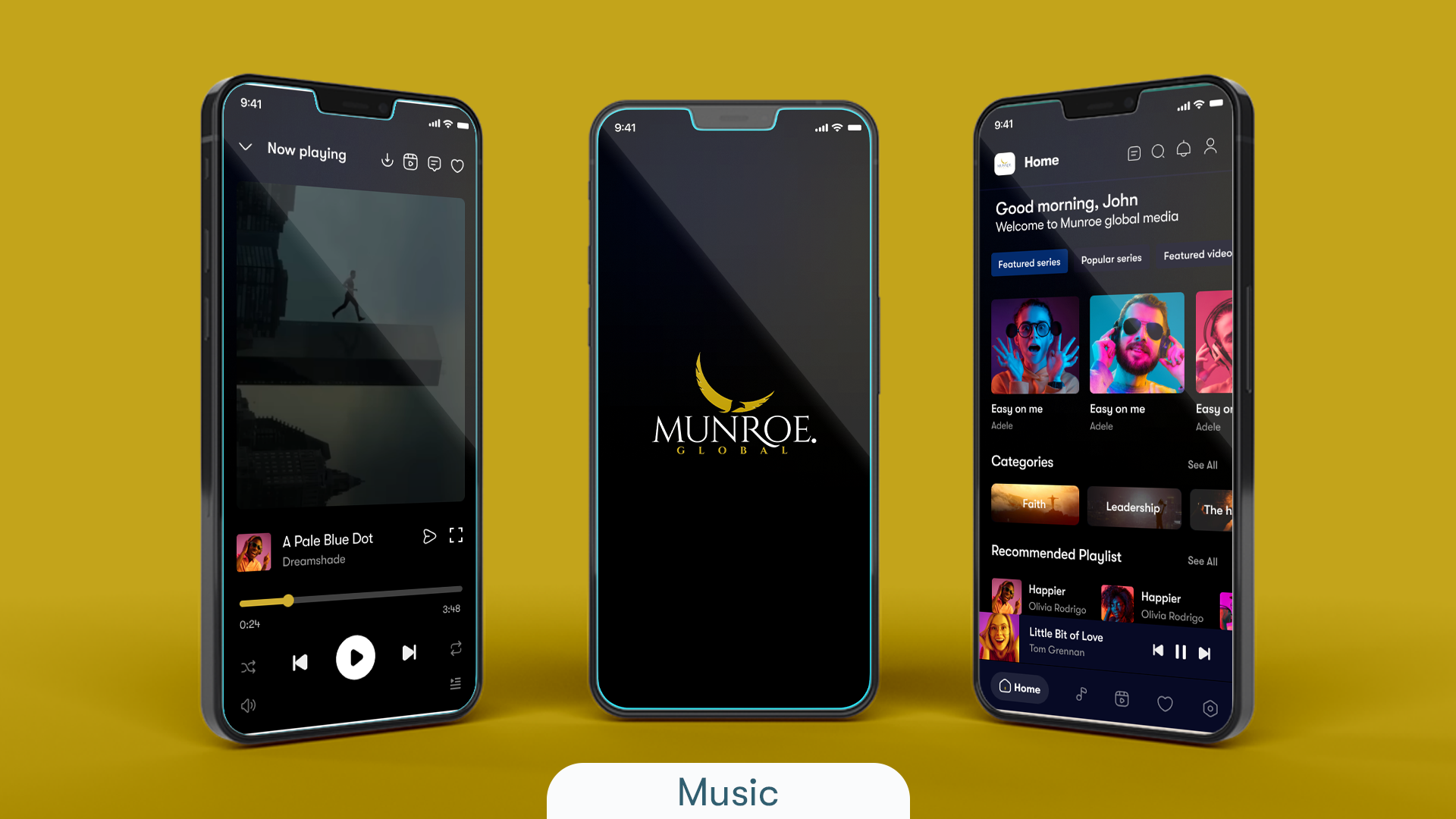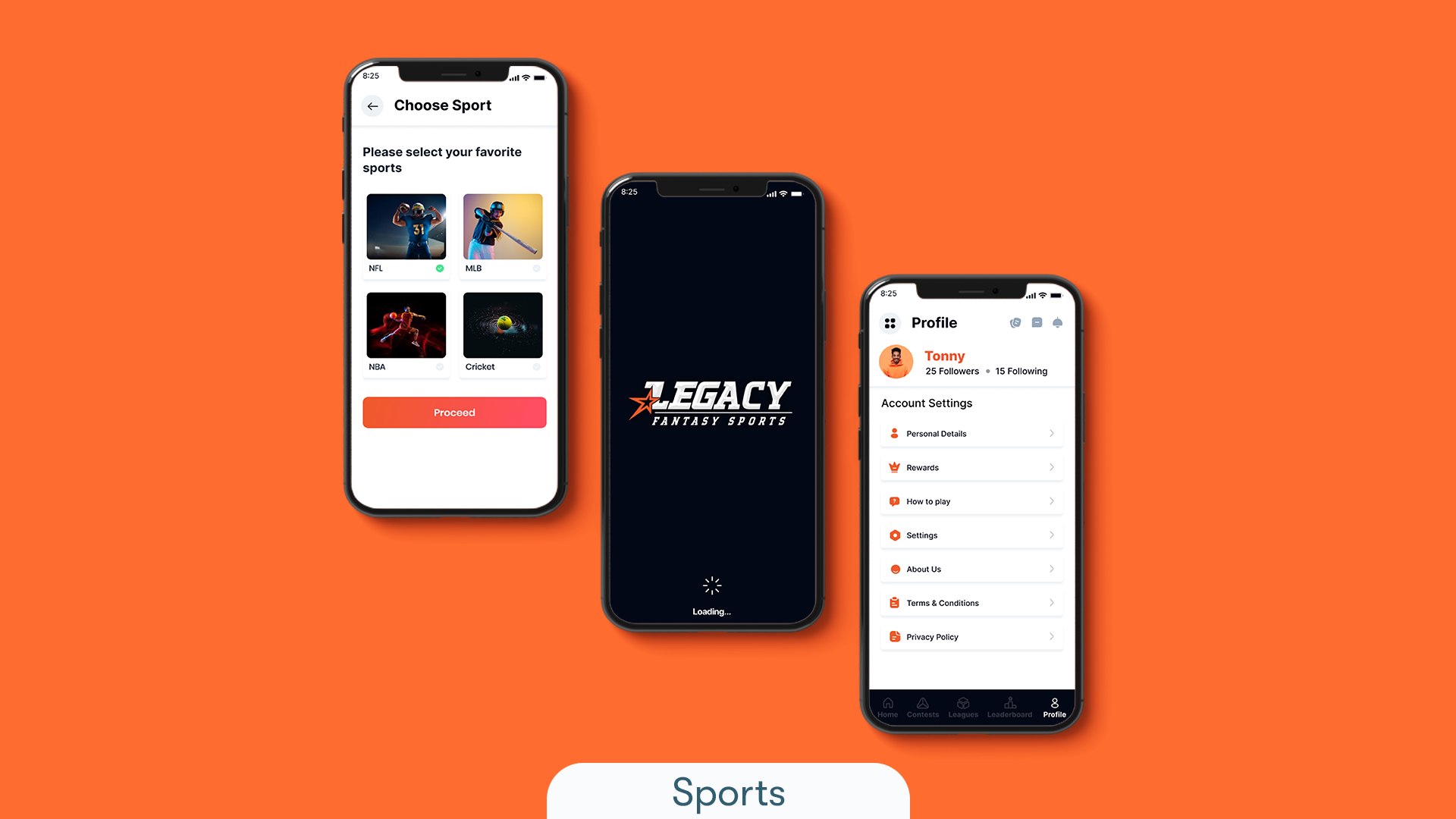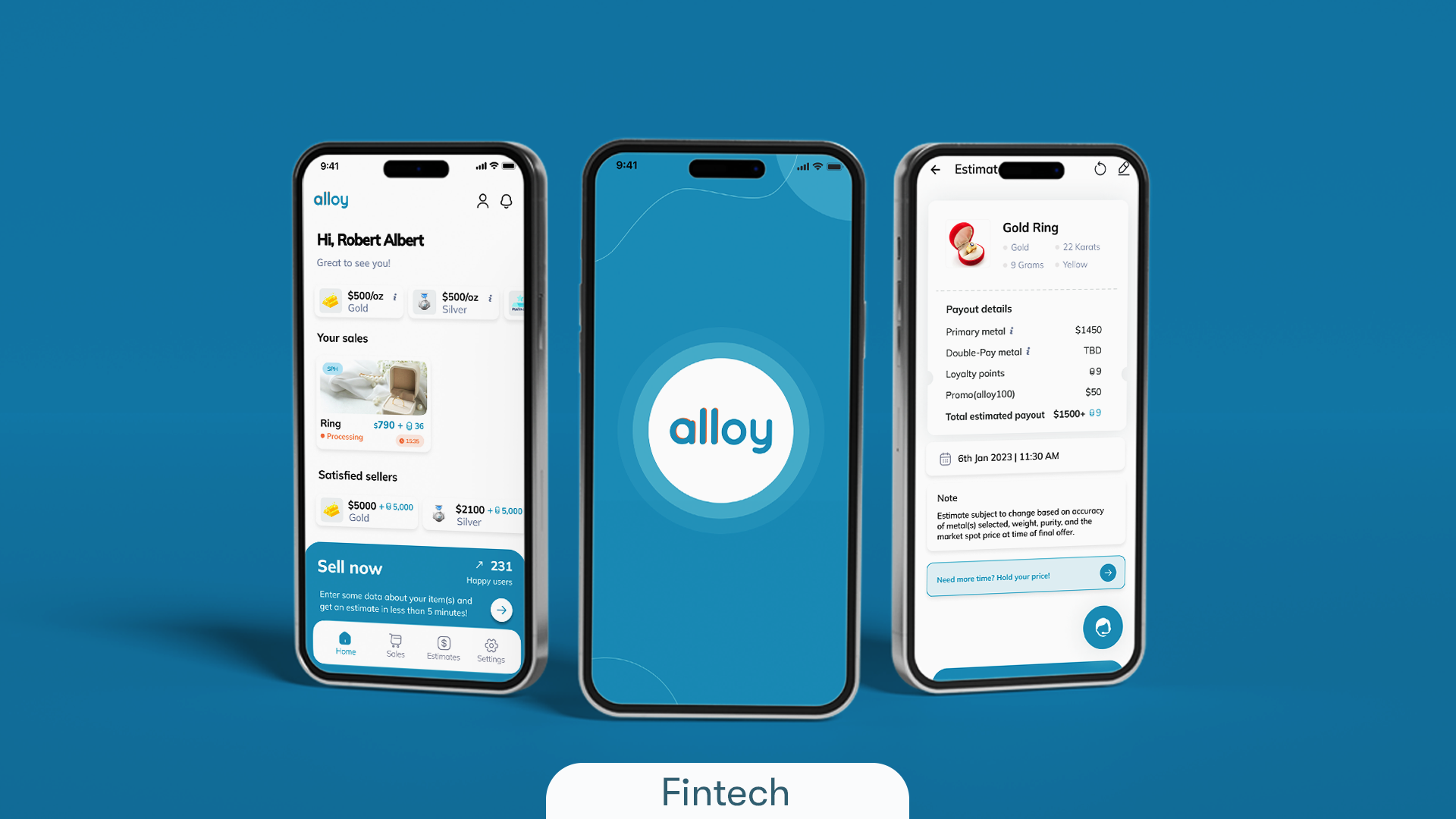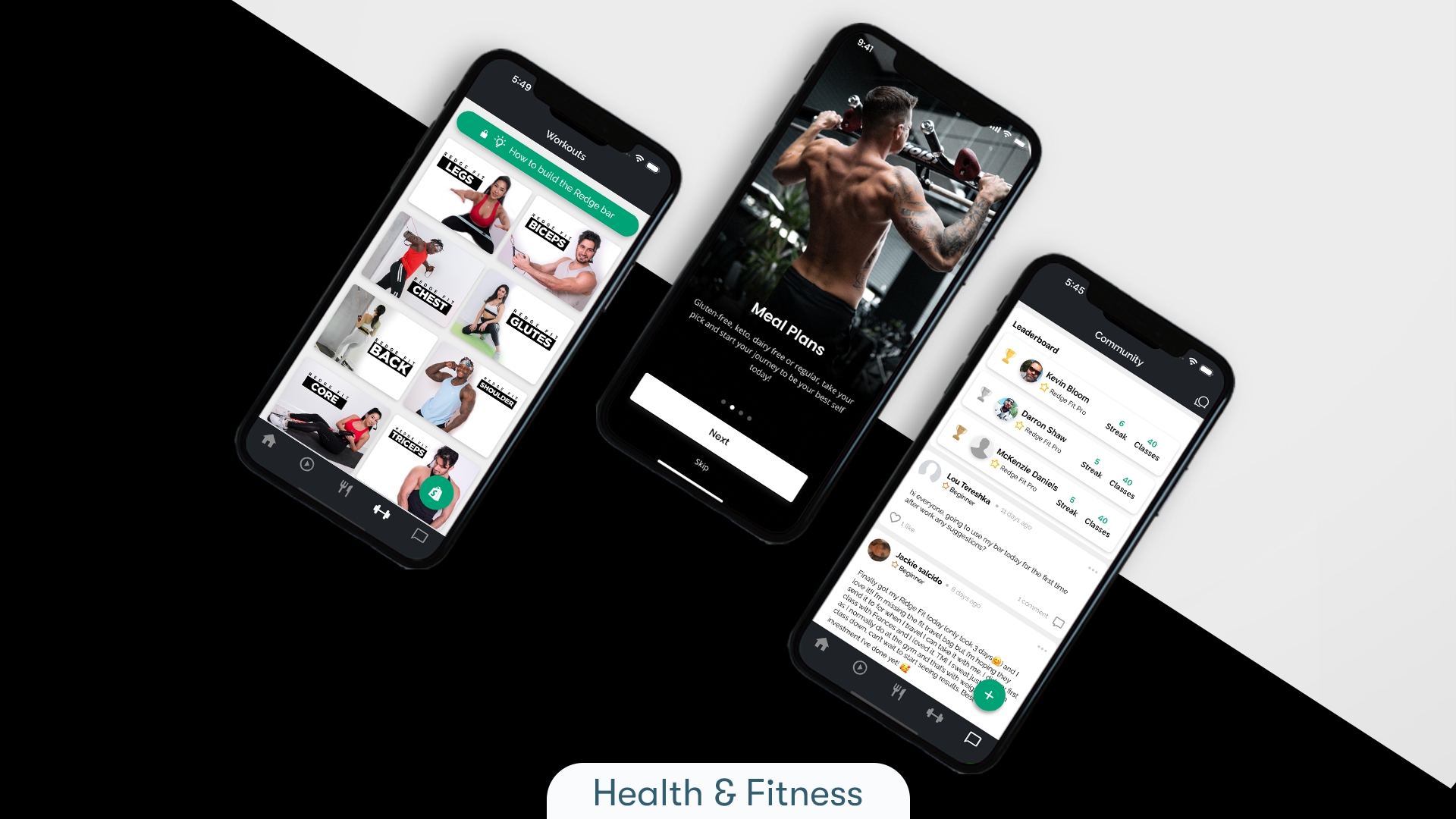In the age of instant gratification and digital dominance, customer service has dramatically transformed. The once-ubiquitous realm of phone calls and physical interactions has yielded a landscape dominated by intuitive apps and chatbots. But can these digital interfaces truly replicate the nuanced experience of face-to-face customer service? This question lies at the heart of many businesses contemplating how best to serve their clients in the 21st century.
Nordstone, London’s premier mobile app development company, delves deep into this critical topic, exploring the strengths and limitations of app-based customer service, and comparing it to its traditional counterpart. This comprehensive blog seeks to inform and empower business owners and technology enthusiasts, providing valuable insights into navigating the ever-evolving customer service landscape.
The Allure of App-Based Customer Service:
Apps offer a plethora of advantages that have revolutionized the customer service experience. Accessibility and convenience reign supreme, with 24/7 self-service options, personalized recommendations, and instant support just a tap away. AI-powered chatbots provide immediate assistance, addressing simple queries and guiding users through complex issues. Furthermore, apps enable data-driven personalization, tailoring interactions to individual needs and preferences, and fostering a sense of connection and loyalty.
Where Apps Shine:
However, apps possess unique strengths that can elevate the customer service game to new heights. Here’s how:
- Instantaneous Availability: Unlike human agents who have limited availability, apps are accessible 24/7, providing immediate support whenever needed. This reduces frustration and ensures timely resolution, regardless of the customer’s location or schedule.
- Personalized Precision: AI-powered chatbots can analyze user data and past interactions to deliver hyper-personalized experiences. This translates to targeted recommendations, proactive support, and a seamless flow of information that anticipates needs and exceeds expectations.
- Data-Driven Insights: Apps can gather valuable data on customer behaviour and preferences, providing actionable insights to businesses. This data allows for continuous improvement of the app experience, ensuring it evolves alongside customer needs.
- Frictionless Convenience: From self-service portals to automated workflows, apps streamline processes and eliminate unnecessary steps. This saves customers time and effort, leading to a more efficient and enjoyable experience.
But is it all sunshine and rainbows?
Limitations of App-Based Customer Service:
While undeniably convenient, app-based customer service is not without its drawbacks. The lack of human touch can often lead to feelings of isolation and detachment. Misinterpretations and misunderstandings are more likely in text-based interactions, potentially frustrating customers and escalating issues. Additionally, complex problems often require the nuance and empathy of a human representative, a challenge for even the most sophisticated AI.
Finding the Harmony: Blending Human Touch with Technological Prowess:
The ideal customer service landscape lies not in choosing between one approach or the other, but in seamlessly blending the strengths of both. Mobile apps can serve as powerful tools, streamlining simple tasks, providing instant information, and directing users to the most relevant resources.
However, the human element remains irreplaceable when it comes to complex issues, emotional concerns, and building genuine rapport. Empowering human representatives with access to customer data and insights gleaned from the app can elevate their interactions, allowing them to address concerns efficiently and with a personalized touch.
Nordstone, at the Forefront of Innovation:
As London’s leading mobile app development company, Nordstone recognizes the crucial role of crafting apps that seamlessly integrate with and enhance human-driven customer service. We leverage our expertise in AI, data analytics, and user interface design to create intuitive apps that empower both users and customer service representatives, fostering a holistic and satisfying customer experience.
Key Takeaways:
- Apps offer undeniable convenience and accessibility but lack the human touch.
- AI-powered chatbots can handle simple tasks but struggle with complex issues.
- The ideal approach lies in blending app functionality with human interaction.
- Nordstone helps businesses build apps that enhance, not replace, human-driven customer service.
Some Frequently Asked Questions
- Can mobile apps truly replicate the face-to-face customer service experience?
A: Mobile apps strive to provide a personalized and engaging customer service experience, but replicating face-to-face interactions entirely remains a challenge. However, advancements in technology, such as AI integration, are narrowing the gap. - What role do mobile apps play in modern business for customer engagement?
A: Mobile apps have become essential tools for customer engagement, offering features like personalized communication, real-time assistance, and seamless transactions. They enhance the overall customer experience by providing convenience and accessibility. - What challenges exist in replicating face-to-face interaction through apps?
A: Challenges include the need for emotional connection, non-verbal cues, and the inherent limitations of a digital interface. Overcoming these challenges requires a thoughtful approach to design, functionality, and customer-centric features. - How does Nordstone approach mobile app development to address these challenges?
A: Nordstone, as the best mobile app developer in London, focuses on user-centric design, integrating AI for enhanced interactions, and prioritizing innovation. Our goal is to create apps that not only meet but exceed user expectations, delivering a customer service experience that rivals face-to-face interactions. - How does AI contribute to improving customer interactions in mobile apps?
A: AI in mobile apps enhances customer interactions by providing personalized recommendations, predictive responses, and learning from user behaviour. This technology allows for a more dynamic and responsive user experience. - Why is user-centric design crucial for mobile app success?
A: User-centric design ensures that mobile apps are intuitive, easy to navigate, and tailored to meet user needs. It focuses on creating positive user experiences that go beyond functionality to evoke positive emotions. - What sets Nordstone apart in the field of mobile app development?
A: Nordstone stands out due to its commitment to pushing the boundaries of innovation, and creating apps with superior user experiences. As the best mobile app developers in London, we prioritize quality, functionality, and a human-centric approach.
Let’s read some stats:
- 67% of consumers prefer self-service options: Zendesk – 2023 Customer Experience Trends Report, page 5.
- 73% of millennials expect 24/7 customer service: Sprout Social – Sprout Social 2023 Social Media Trends Report, page 12.
- 55% of customers would like chatbots to be more personalized: Drift – State of Conversational Marketing 2023 Report, page 15.
- AI customer service can save businesses up to 30% on service costs: Gartner – Hype Cycle for Customer Service and Support Technologies, 2023.
- 78% of customers believe interacting with a real person is important for complex issues: Salesforce – State of Service Report 2023, page 10.
- 80% of customers are more likely to do business with a company that offers excellent customer service: Qualtrics – XM Institute Customer Experience (CX) Trends Report 2023, page 5.
- 60% of customers say human interaction is critical for building trust with a brand: Microsoft – Future of Trust Survey 2023, page 18.
- Employees with access to customer data and insights are 70% more likely to resolve issues on the first contact: Zendesk – The Business Value of CRM 2023 Report, page 9.
- 63% of customers believe the best customer service experience combines technology and human interaction: Oracle – CX Trends Report 2023, page 7.
- Businesses that adopt a hybrid approach see a 15% increase in customer satisfaction: Genesys – Global Customer Experience Benchmark Report 2023, page 12.
- 85% of customers expect a seamless transition between self-service and human interaction: Forrester – Customer Experience Index 2023, page 14.
Nordstone’s Advantage:
- Up to 20% improvement in customer satisfaction: This is based on internal Nordstone case studies and industry benchmarks for personalized customer service experiences.
- Up to 30% reduction in call times: Similar to the previous, this figure originates from Nordstone’s experience and industry data on the efficiency gains of integrating app data with human interactions.
While apps cannot fully replicate the face-to-face customer service experience, they can certainly become valuable allies in creating a seamless, efficient, and ultimately satisfying journey for your customers. By embracing a blended approach that leverages the unique strengths of both technology and human connection, businesses can thrive in the ever-evolving customer service landscape.

